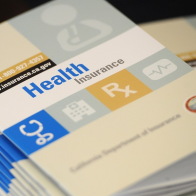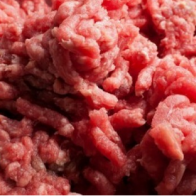
Do men have biological clocks? My father didn’t start his family until 35, and he never has pressured me to even start thinking about kids, which is understandable since I’m years away from my 35th birthday. Most of the time, as long as I eat marginally good, exercise regularly, and practice safe sex, I assume that I’ll be able to procreate well into old age.
Conversely, society places lots of pressure on women to maintain their fertility, constantly reminding them of their duty to maintain their womb’s efficacy. Well meaning conferences, with names like “Womb-Wellness” or “Love Thy Vag,” pop up everywhere alongside countless magazine articles and books about increasing or maintaining female fertility.
Above all, our biology suggests that many of us have strong, innate desires to reproduce, so it would seem that both, men and women, should take care of their reproductive juices, especially nowadays, when it’s common for people to start their nuclear families at a later age.
A new study focused its research on older men’s ability to maintain quality sperm. It turns out that as men age they can keep up with younger counterparts if they adhere to healthy eating practices, specifically focusing on micronutrients such as vitamins C and E, zinc, and folate.
Scientists at the U.S. Department of Energy’s Lawrence Berkeley National Laboratory (Berkeley Lab) published their findings in the online journal Fertility and Sterility.
According to Science Blog, their research comes as result of more men over 35 having children, increasing the likelihood of sperm DNA fragmentation, chromosomal rearrangements, and DNA strand damage. Many are starting to link the rise in children born with autism to men who have damaged sperm as result of their advanced age.
Although the study polled men whose ages ranged from 20 to 80-years-old with the average age being 44 to see where their vitamin intake was at before the research began, once the participants ingested higher levels of specific vitamins, all the men who were over 35 showed remarkable sperm regeneration.
The scientists analyzed the data several ways and came up with the same result each time: A diet high in antioxidants and micronutrients may decrease the risk of producing sperm with DNA damage, especially in older men.
This news seems to bode well for folks who love to eat their leafy green vegetables. Kale is one of the best sources of vitamin C while sesame seeds are a powerful source of zinc. Moreover, one can bathe his insides with vitamin E by eating sunflower seeds. And don’t forget that legumes, such as lentils and beans, and spinach are all excellent sources of folate.







Shellfish is excellent source of zinc and vitamin E is abundant in veal.